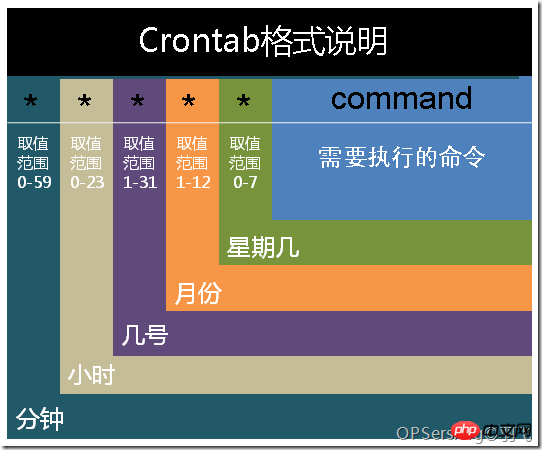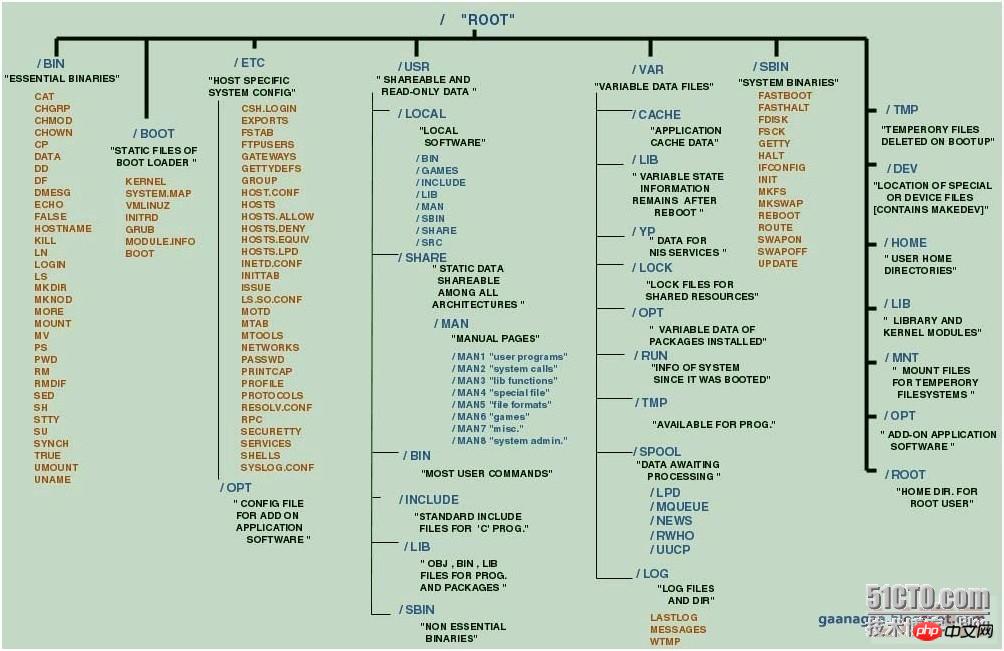一、知识储备
-
windows常用压缩文件:
-
*.zipzip程序打包压缩的文件
-
*.rar
-
*.7z
-
Linux常见:
-
*.gz,*.xz,*.bz2,
-
*.tartar程序打包,未压缩
-
*.tar.gztar打包,gzip压缩,
-
*.tar.xz,*.tar.bz2
二、命令学习
1.zip:
* 打包:zip something.zip something(目录加-r) * 解包:unzip something * 指定路径:-d
2.tar:
$ tar --help // 帮助中有实例 $ tar -cf shiyanlou.tar ~ // 打包 $ tar -xf shiyanlou.tar // 解包 $ tar -xf shiyanlou.tar -C tardir //解压到tardir目录 -C参数 $ tar -tf shiyanlou.tar // 仅查看包 $ tar -cphf etc.tar /etc //备份(-p 保留文件属性;-h 备份链接指向源文件) $ $ tar -czf shiyanlou.tar.gz ~ // 使用gzip压缩文件 $ tar -xzf shiyanlou.tar.gz // 解压
3.rar
安装 rar 和 unrar
$ sudo apt-get update $ sudo apt-get install rar unrar
rar命令参数没有 –
$ rar a shiyanlou.rar // a 参数 $ rar d shiyanlou.rar .zshrc //压缩 $ rar l shiyanlou.rar .zshrc // 查看不接呀 $ unrar x shiyanlou.rar //全路径解压 $ unrar e shiyanlou.rar tmp/ //解压到指定路径
© 版权声明
文章版权归作者所有,未经允许请勿转载。
THE END















